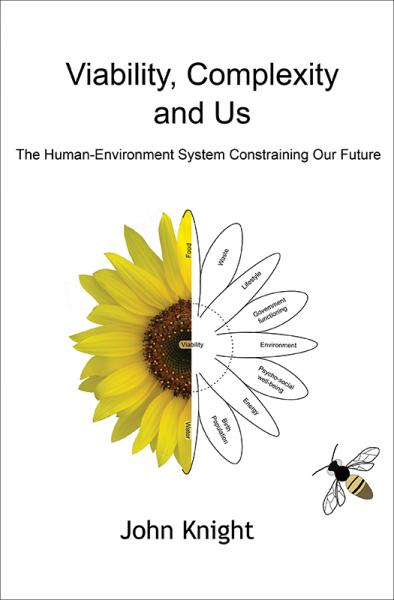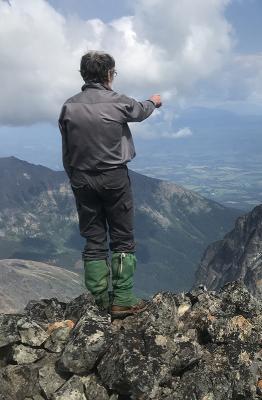
We are constantly reminded of social and environmental issues, such as pollution, global warming, species extinction, social volatility, and the growing disparity in wealth. These prompt a feeling that we need to act. But which of the many simple, straightforward solutions offered to us with the promise of a better future should we believe in? Should we put more faith in technology, innovation and the market, or more in behavioural changes, lifestyle adjustments and science? Should we instead just carry on as usual? We struggle to make sense of this circumstance, our feelings about it and the diversity of opinions about our options for the future.
Viability, Complexity and Us helps us makes sense of this confusion. Its essay-like chapters are a personalized, example-rich description of how we (as individuals), our culture and the environment function, and how these components interact to form the dynamic complex human-environment system in which we live. Because the description includes the feedbacks and the wide ranges of time, space and intensity of those interactions, it also characterizes the system's functioning. It is these details, to which we contribute as participants, that gives rise to the situation we find ourselves in, gave rise to those in the past and will do so for the future.
The description does more than help the reader relate to the system and its functioning as a whole, and view it from many different perspective as with a hologram. It personalizes the system's boundaries, uncertainties and constraints, including the constraints on our thinking and decision making. It thus also provides us with a baseline and a broad context, a practical framework, within which to think about our circumstance.
Viability, Complexity and Us illustrates that, by using this framework and making slight adjustments to our thinking, people of all stripes can more easily and fully appreciate the complexity of our world and ourselves. They can more easily relate to the sources of the contradictions and uncertainties which ordinarily plague our experiences and thinking. We are then more likely to wisely evaluate explanations for our circumstance and issues. And we are more likely to deal with an issue using a multifaceted solution that favours us living more within the human and environmental constraints which characterize a viable future, rather than drifting towards a dystopian one.

